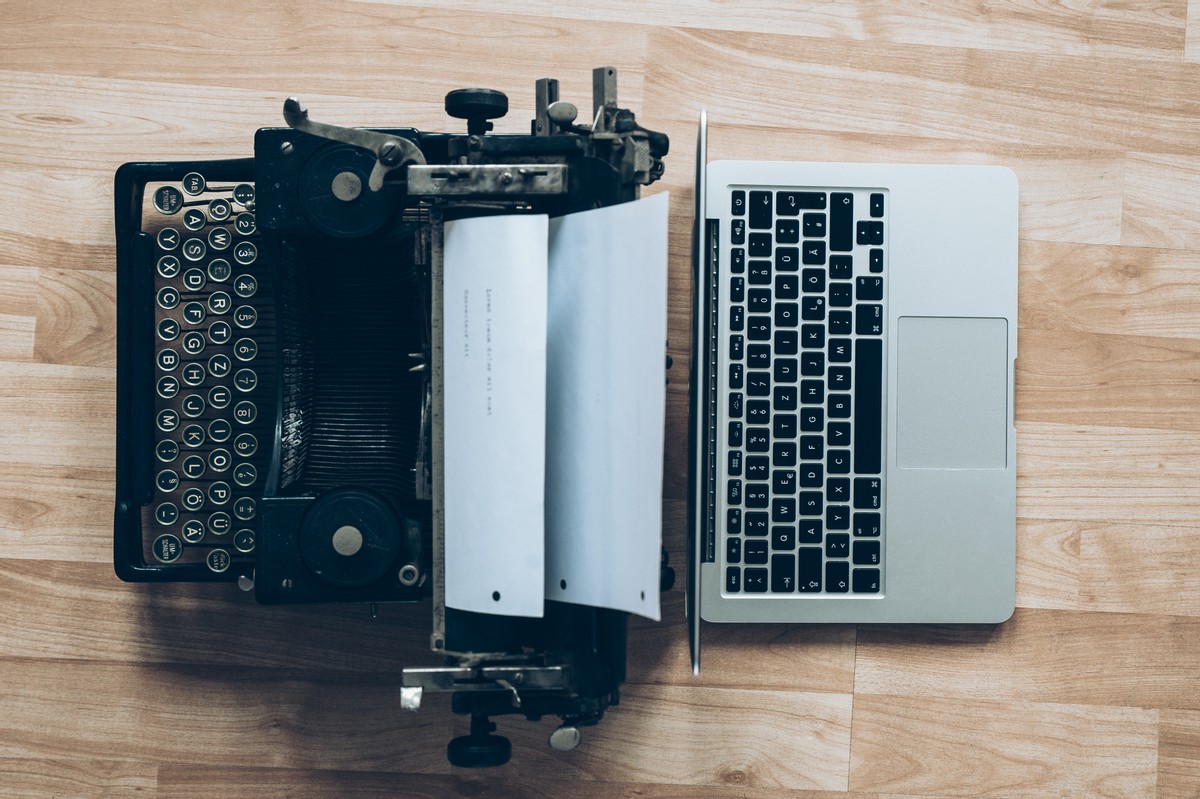
The apparent inefficiency you observe in people is not necessarily a contradiction to the ingrained human tendency toward improvement and efficiency—it reflects a complex interplay of factors that can inhibit or redirect this natural drive. Here’s why some people appear inefficient despite the intrinsic pull toward optimization:
1. Lack of Awareness or Knowledge
- People may not recognize that their actions are inefficient. If someone lacks the knowledge or perspective to see a better way, they won’t take steps to improve. Example: Someone might stick to a manual method of doing a task because they are unaware of a tool that automates it.
- Efficiency requires awareness of inefficiencies, and without it, people may remain in a cycle of doing things the same way.
2. Comfort with the Status Quo
- Fear of Change: Change can feel risky or overwhelming, so people often stick to familiar, inefficient routines rather than explore new methods. Example: "Why fix what isn’t broken?" is a common mentality.
- Cognitive Laziness: The brain often defaults to the path of least resistance, which can mean continuing an inefficient method simply because it requires less immediate mental effort.
3. External Pressures and Priorities
- Many people operate under external pressures like deadlines, societal expectations, or survival needs. These pressures may prioritize speed or completion over true efficiency.
Example: A worker may choose to "just get the job done" rather than optimize because the system rewards output over process.
4. Lack of Motivation
- Low Intrinsic Drive: Not everyone feels the same internal push to improve. Factors like burnout, lack of interest, or lack of purpose in the task can reduce motivation.
- External Rewards Misalignment: If people don’t see any tangible or meaningful benefit to being more efficient, they may feel it isn’t worth the effort.
Example: In a bureaucratic workplace, employees may follow outdated procedures because efficiency is not incentivized or rewarded.
5. Emotional and Psychological Barriers
- Fear of Failure: Trying new, more efficient methods involves a risk of failure. People may avoid this by sticking to what they know.
- Procrastination: Inefficiency often stems from procrastination, which is tied to emotional states like anxiety or perfectionism.
- Low Self-Efficacy: If someone believes they are incapable of improving or lacks confidence in their abilities, they are less likely to strive for efficiency.
6. Systemic Inefficiencies
Sometimes inefficiency is not an individual issue but a result of systemic factors:
- Workplace Structures: Many organizations have inefficient systems, policies, or cultures that discourage or block personal initiative for efficiency. Example: A company might have redundant approval processes that make individual efficiency irrelevant.
- Cultural Norms: In some cultures or environments, efficiency may not be valued as highly as tradition, hierarchy, or relational harmony.
7. The Role of Habits
Habitual Behavior: Inefficiency often results from habits that people are unaware of or reluctant to break. Breaking a habit requires conscious effort, and not everyone takes that step.
Example: Someone might stick to writing notes by hand because that’s how they’ve always done it, even if typing is faster.
8. Short-Term Thinking
People often prioritize short-term comfort over long-term efficiency:
- Immediate Gratification: Choosing what feels easier now over what is better in the long run.
- Avoiding Effort: Improving efficiency often requires an upfront investment of time and energy (e.g., learning a new tool), which people may avoid if the payoff isn’t immediate.
9. Not Everyone Has the Same Goals
- Personal Values Differ: Efficiency may not matter as much to some people. They might prioritize creativity, relationships, or enjoying the process over being fast or effective. Example: An artist might deliberately work in a slower, more traditional way because they value the experience over output.
- Competing Priorities: A person may focus their energy on improving in one area of life while ignoring inefficiencies in others. Example: Someone highly efficient at work might be less so in their personal life because they prioritize one domain over the other.
10. Evolutionary Roots in Conserving Energy
Paradoxically, while humans are wired to seek efficiency, evolution also instills a tendency to conserve energy:
- If something "good enough" is working, people may unconsciously avoid expending extra effort to optimize further.
- This balance between "good enough" and "better" varies among individuals based on their circumstances, upbringing, and personality.
Conclusion:
Efficiency is indeed ingrained in human nature, but many factors can block or redirect it:
- Lack of awareness or skills.
- Comfort in habits and routines.
- Emotional or psychological barriers.
- External pressures and systemic inefficiencies.
- Differences in values and priorities.
While some people naturally lean toward optimization, others might need specific triggers (like a challenge, reward, or self-awareness) to activate their drive for efficiency. Inefficiency, then, is less about a lack of capability and more about the absence of the right conditions to spark improvement.